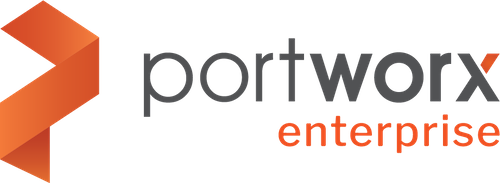
As the use of Kubernetes grows from non-production workloads to stateful, business critical workloads, so does the need for enterprise class functionality. Customers expect the same level of functionality in their K8s environments as they currently do in their legacy virtual environments. The growth and prominence of Kubernetes platforms like Amazon EKS is driving the migration of production workloads from high-cost virtualization platforms such as VMware. The movement to K8s is further demonstrated in a recent Portworx study where 87% of respondents said K8s usage will be growing over the next 2-3 years with 45% currently running their database workloads on K8s.
Building on the tighter integration with popular Kubernetes platforms like Red Hat OpenShift that introduced OpenShift Web Console integration, the goal of Portworx Enterprise 3.0 is to bring additional enterprise class features to customers who are moving from virtualized environments to K8s. This release adds six new core enterprise features:
- PX-Fast for AWS – Maximize performance from NVMe based storage that enables low and consistent I/O latencies across workloads that utilize Amazon EBS (Elastic Block Store). This is enabled by the next generation backend storage that is now available to AWS customers.
- Faster Async DR migrations – Migration times have been improved by up to 50%, resulting in efficient DR operation in async mode. This was accomplished by streamlining distribution of migration workloads and optimizing the internal snapshotting mechanism.
- License Extensions for Blue-Green upgrades – Using license extensions, customers can temporarily double the number of licensed Portworx nodes that can run in the cluster for the duration of upgrade. This is a commonly used upgrade strategy with EKS and Anthos and activating this feature greatly simplifies the upgrade process.
- CSI topology for FlashArray Cloud Drives (FACD) – Using this feature, customers can now provision and use cloud drives on FlashArrays that are in the same zone to improve fault tolerance for replicas, performance and manageability for large clusters.
- Disk Tagging for public cloud providers – Portworx now enables you to define custom metadata for cloud drives provisioned across various platforms such as AWS, Azure, GCP, and Oracle cloud. This user-defined feature offers enhanced flexibility, organization, and additional contextual information for objects stored in the cloud with benefits in the form of search capabilities, greater control on cloud assets and chargeback.
- Disk Encryption with customer managed keys for Oracle cloud – Portworx now offers customer-managed keys for cloud drive encryption in Oracle cloud in addition to AWS, GCP and Azure. By leveraging powerful encryption algorithms, the Oracle disk encryption feature encrypts data, ensuring it cannot be accessed by unauthorized individuals.
Portworx Enterprise 3.0 will be the base for many upcoming releases focusing on performance at scale, storage automation and simplified data management along with other customer driven features. Learn more about Portworx Enterprise here. or get started with a free trial.